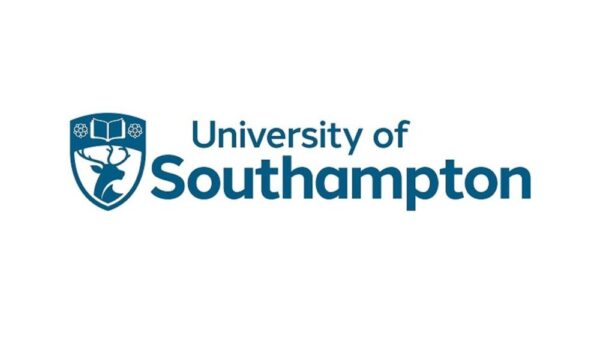You may be worrying about getting support at the University when you don’t yet have an official diagnosis. We understand that it can take a long time to get an assessment for autism and we want to support you at this time. We asked Em Wright, Specialist Neurodiversity Practitioner at the University of Southampton to provide answers to some of the key questions you may have.

I had support in place in school and college, how do I get support at uni?
The Student Disability and Inclusion Team has a team of Specialist Practitioners who are experienced in supporting students. You can get in touch with us at any stage of your course (and even before you enrol).
To access support, get in touch with the team and we will book a 1:1 meeting with you (if you want to bring a parent or advocate you can, just let us know). You can choose to meet in person, or online (via Teams) and you can have your camera on, or off, it’s up to you. You can also tell us any communication preferences in the meeting. We’ll make notes throughout and send you a summary after.
What will happen in the meeting? How long will it take? Do I need to prepare for it? What if I don’t know the answer?
If you have any medical evidence (this could be an assessment diagnosing a learning need such as dyslexia, a JCQ8 Form or letter about exam arrangements from your school or college, evidence of a physical health condition or a mental health need) you can share this with us before the meeting by emailing studenthub@soton.ac.uk. If you don’t have any of these things, please don’t worry, we still want to meet with you!
Meetings are booked for an hour and usually take between 45 and 55 minutes.
You don’t need to prepare. You will know all the answers to our questions as it is about you and your experiences. If there’s anything in particular you want to talk about, that’s great. You can bring a list of questions to the meeting.
If, in the meeting, there is something that you want to think about, that’s fine, we can follow-up with you by email after the meeting.
What sort of support can I get without an official diagnosis of autism?
We take a personalised approach to support. You are the expert in you and we’ll ask you questions to understand how to support you best. Here are a few things that are often recommended;
- Access to specialist workshops for other autistic students/students awaiting an autism assessment.
- Access to quiet spaces on campus.
- Early entry to events such as Freshers’ Fair and the Bun Fight.
- Quiet accommodation.
- Recommendations for presentations and group work.
- Specialist study skills to help you to learn to break tasks down, manage your time and feel organised. (We can also help with other study skills too!)
- Liaison with academic staff about your needs.
If you’ve had exam recommendations before or have another medical need, we also might be able to make recommendations for exams.
What is the Disabled Students’ Allowance (DSA) and how to I get support from them?
The Disabled Students’ Allowance is support from the government to help with your studies. It’s not means tested and you don’t have to pay any of it back. If you don’t have a formal diagnosis, you may be able to apply if you have a working diagnosis. We will tell you more about this when we meet with you.
What’s a working diagnosis? How do I get one? Do I need one?
If you’ve met with a medical professional about autism and they have made a referral for a formal assessment, they may be able to give you a working diagnosis. This means that they believe that the symptoms that you are experiencing are likely due to autism (but they cannot officially make a diagnosis). The Disabled Students’ Allowance (DSA) and our team can accept this as official evidence.
I really don’t want to meet anyone in the disability team, is there any other way that I can get in touch?
Of course. If you have medical evidence (either a working diagnosis, or other medical evidence) and you only want additional exam recommendations (AERs), you can fill in our additional exam recommendations form, and we’ll contact you with the outcome.
You can also speak to your Personal Academic Tutor (PAT) and if it’s not something they can help with, they can tell you who to contact.
The Wellbeing Team is available 24/7. You can see them in person in the Student Hub or you can contact them by phone, live chat or email. There’s no threshold for how serious a problem has to be for you to get in touch, if it’s something that’s important to you, it’s important to us.
I’m behind with deadlines and feeling overwhelmed, and I’ve not told anyone, what should I do?
Don’t keep it to yourself. Speak to your Personal Academic Tutor (PAT) if you can, (by email is fine) and consider whether you need to apply for an extension or Special Considerations. Don’t be put off by some of the formal language on the form, use it to tell us what has been going on, so that we can see if we can support you.
You can of course, also get in touch with the Wellbeing Team and Student Disability and Inclusion Teams.
About Em Wright
Em Wright works as a Specialist Neurodiversity Practitioner in the Student Disability and Inclusion team at the University of Southampton.
This article was written by Em in collaboration with her colleagues Inderjit Dhaliwal and Robert Jolliffe.


 Back
Back